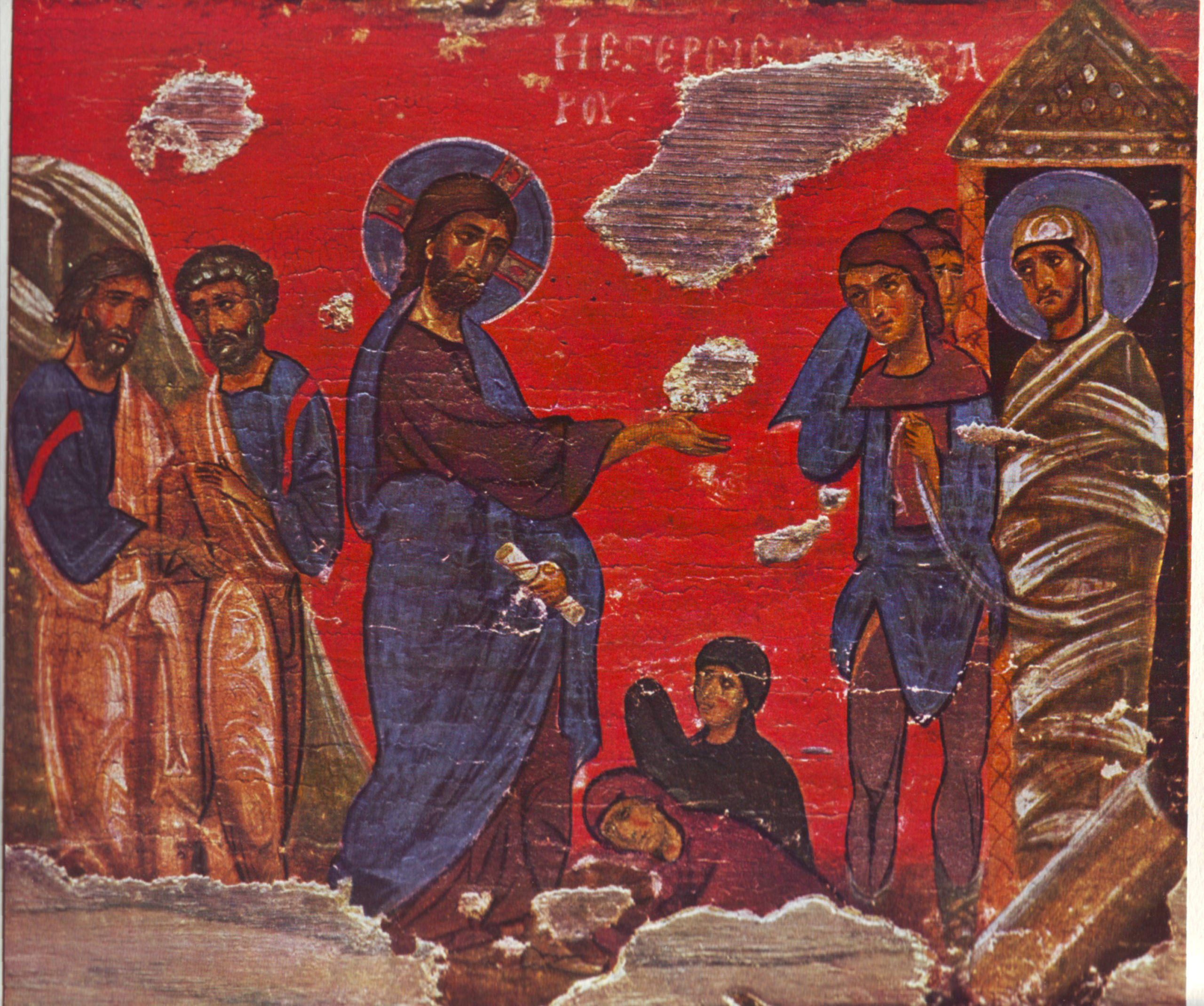This illness is not to end in death,
but is for the glory of God,
that the Son of God may be glorified through it.
As I’ve been praying during this COVID-19 crisis, I’ve been struck by two things. First is that God, who never sets in motion the evil that happens to us (including this crisis), intends to do something in us during this time. We will have to wait and see what that is, all the while being faithful disciples who trust in God’s mercy. The second striking thing in my prayer is that God wants us, in this mournful time, to rediscover and come to rely on the virtue of hope.
Now, virtues are those habits and dispositions that lead us to what is good (CCC 1804). There are generally a couple of different kinds of virtues: human virtues (like prudence, justice, fortitude, and temperance) and theological virtues (like faith, hope and charity). Of these, hope is the virtue that recognizes our desire for happiness in this life and the next, which is an aspiration placed in our hearts by God himself (CCC 1818). According to the Catechism of the Catholic Church, this virtue of hope causes us to “desire the kingdom of heaven and eternal life as our happiness, placing our trust in Christ’s promises and relying not on our own strength, but on the help of the grace of the Holy Spirit” (CCC 1817).
Hope is that virtue that gets us through the difficulties of this life with a view toward what is to come. It’s the light at the end of the tunnel, and not the light of an oncoming train! Hope is so necessary in every moment of history, in every society and in every person’s life. Hope is all the more necessary in moments of crisis, like this one. Hope holds fast to the belief that we are travelers in this world, that we are not home yet, and that the best is yet to come. We Christians hold fast to the knowledge that the Resurrection is the primary source of our hope, testifying that we have the invitation to life eternal, and the abiding presence of our God who made us for himself.
This illness is not to end in death,
but is for the glory of God,
that the Son of God may be glorified through it.
Those are crazy words. They really are. I think that, at least in years past, when we have heard these words, we just sort of accepted them as no big deal. I mean, we’ve all heard the story a million times, right? But those were crazy words, and the disciples, I think, would have received them as such. I can almost imagine them doing a mental eye-roll! And I think, these days, we might be the ones rolling our eyes: we’ve seen so many die of this awful virus in the last weeks. This illness seems, very much, to end in death.
And so it was for Lazarus, too, friends. I mean, he did really die. That’s the whole point that was made by Martha’s seemingly-obvious, and perhaps even humorous comment, “Lord, by now there will be a stench.” The belief was that, after three days, the dead person was really, really dead, and they weren’t coming back. Lazarus has been in there four days, so it was reasonable to know that he’d be stinking of death. But, Jesus insisted that they roll away the stone so they could see the mercy of God. And so they did.
And the dead man came out. That’s another one that we sort of gloss over in our millionth reading of this familiar story. But let’s not underplay what is, actually and intentionally, an amazing miracle! Someone who was stinking of death, having been rotting away for four days, got up and walked out of a tomb. It’s a miracle of hope. The dead man came out!
It doesn’t take too much imagination for Christian faithful people to see the foreshadowing in this story. Jesus, too, will really die, and he too, will really rise, although in a different way. Both of these episodes of a dead man walking out of a grave remind us to take up hope in the real knowledge that it is God who has control over life and death. They remind us to hope in the knowledge that death is not the end. They remind us to hope in the Christian conviction that God never intends the evil that befalls us, but allows it that we might hope in his mercy.
God is doing something important during these days of quarantine and suffering. Let’s not miss them. The word “Lent” means “springtime,” and I believe that this can be a new springtime of faith for us. This springtime can enliven hope in us, when we had given ourselves to the deathly cynicism of a world encrusted in the stench of materialism, self-centeredness, and entitlement. So we cannot give in to any sense of doom or despair. God is, always and forever, in control.
Will there be suffering? Yes, and, I’m sorry to say, plenty of it. This illness is touching all of us in some way and none of it is pleasant. But let’s remember that Lazarus died of an illness, and Jesus died after suffering indignity, a scourging, and an ignominious, tortuous death on a cross. But in each of those cases, God used suffering to unleash mercy, and glory, and a flood of grace. God is calling us to the virtue of hope, brothers and sisters. We know that this time of suffering will unleash mercy, glory and grace as well. Because we have hope. God is in control.
This illness is not to end in death,
but is for the glory of God,
that the Son of God may be glorified through it.
